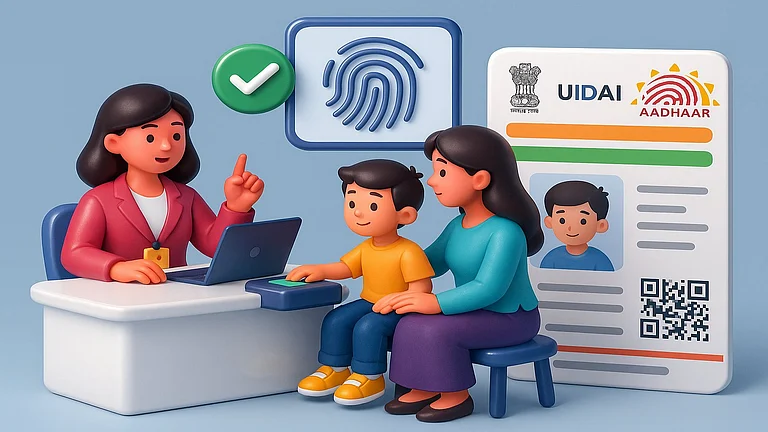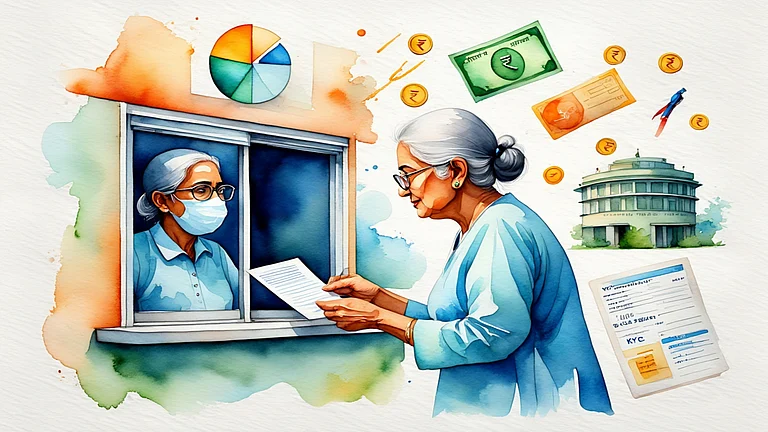The sudden passing of the late businessman Sunjay Kapur, former husband of Karishma Kapoor, on June 12 came as a shock to many. Kapur, aged 53, died unexpectedly while playing polo in England. He married Karishma Kapoor in 2003, and they had two children, a daughter and a son. After 13 years of marriage, the couple divorced in 2016, with the children remaining in their mother’s custody. Subsequently, Kapur married Priya Sachdev, with whom he had a son. According to media reports, his estate is estimated to be worth approximately Rs 30,000 crore, which includes his company, Soma Comstar, an automotive technology firm. As for Kapur’s estate, the details regarding the distribution of the inheritance remain unclear. In this context, we take a closer look at the general succession rights of children.
In a typical Hindu family structure, spouse and children are the first line of legal heirs, and then come parents, siblings, and other relatives. But do succession laws differ for a divorced family?
Says Raghvendra Nath, MD, Ladderup Asset Managers, “Children retain their legal rights of succession to their parents' properties even after divorce. The divorce of the parents does not sever the parent-child legal relationship. Hence, the children remain Class I legal heirs to their parents' properties irrespective of whether the parents are divorced or not.”
It is clear that the children, whether from the current marriage or the previous marriage, remain the legal heirs of a parent and are entitled to the assets if a parent dies intestate.
However, in today’s time, when there are several cases pending in court, if a separation case is pending in a court, and a parent dies intestate, what would the child/ren get?
Succession Rights Of A Child When A Divorce Case Is Pending In Court, And One Of The Parents Dies Intestate
Nath explains, “If a divorce case is pending in Court and one parent passes away without making a Will, the child's right to inherit the property of such parent does not change. This is because the ongoing nature of the divorce case does not affect the right of a child to inherit the property of their deceased parent. The child, being a Class I legal heir, will get a share of the parents' property, whether self-acquired, inherited, or ancestral, just like any other family member would.”
Notably, the children’s rights remain the same even if parents live together or separate, as long as there is a Will and they (children) are specifically excluded from inheriting any asset by the testator (who writes the Will).
Nath highlights one more important point, saying that even custody of a child does not affect the succession right of the child.
“A child's inheritance rights in India are preserved even post the divorce of both parents. Neither divorce nor custody status can curtail a child's legitimate claim in succession unless a valid Will expressly excludes them from the property of such parent”, says he.
Do Children From A Previous Marriage Have Inheritance Rights If The Non-Custodial Parent Has Children From The Second Marriage?
As per the law, the marital status of the parents should not affect the parent-child relationship and children’s right to inherit.
“As per the succession laws in India, the children from the previous marriage maintain their statutory right to inherit the property of their biological parent, irrespective of whether such parent has custody of the child or not. Such children have an inherent legal claim to their parents' properties which cannot be diminished by the parents' remarriage”, clarifies Nath.
However, he adds that succession law comes into play in the absence of a Will. So, if a parent, whether custodial or non-custodial, writes a Will, it will supersede the intestate succession. If the child is not included in the Will, they cannot generally claim the property.
This throws light on how important it is to make a Will so that the family and the loved ones need not go through unwanted conflicts among themselves. This is especially crucial to write a Will if the children are minors to ensure that their interests are well-taken care of if something happens to the parents.


















